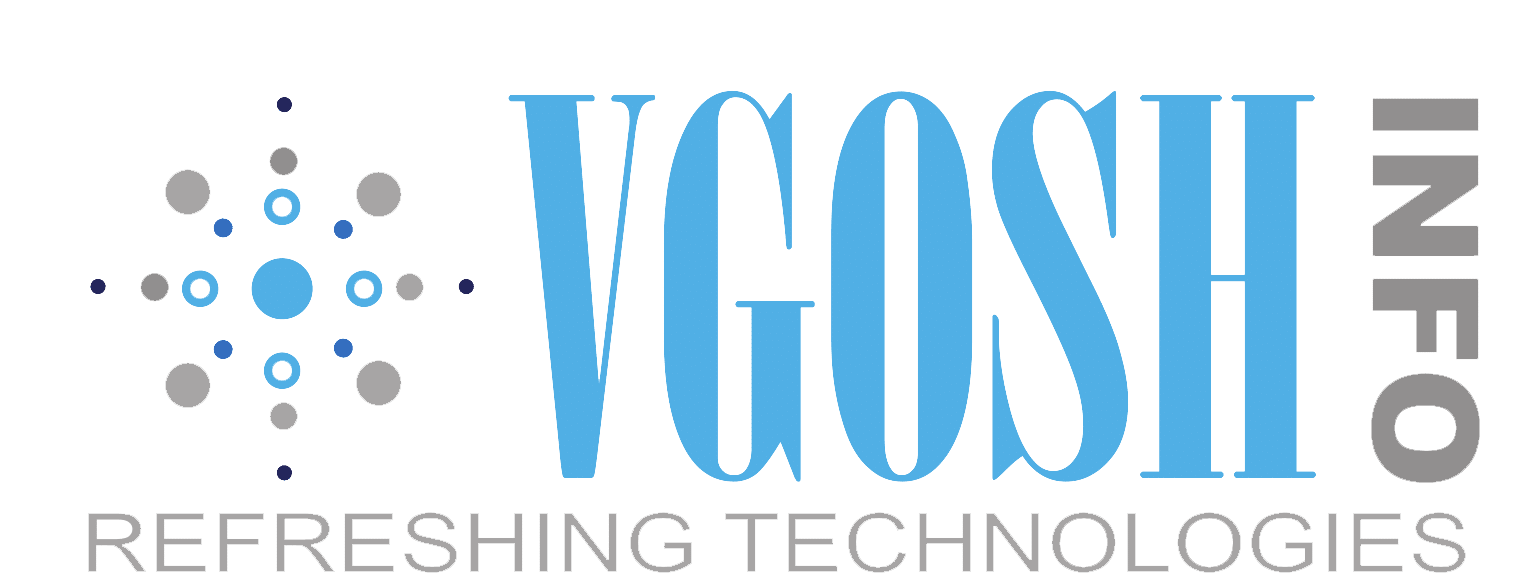The Ethical Implications of Generative AI: Navigating the Challenges of ChatGPT and Beyond
The advent of generative artificial intelligence (AI) tools like ChatGPT has transformed the landscape of technology and communication, ushering in a new era of human-machine interaction. With its ability to generate coherent and contextually relevant text, ChatGPT has found applications across various sectors, including education, healthcare, and business. However, this rapid advancement raises significant ethical implications that demand careful consideration. This blog explores the ethical considerations surrounding AI-generated content, the potential for job displacement, and the urgent need for transparency and accountability in AI development.
The Rise of Generative AI
Generative AI refers to a class of algorithms capable of creating new content—be it text, images, or music—by learning from existing data. OpenAI’s ChatGPT is a prominent example of such technology, demonstrating remarkable capabilities in natural language processing. Since its launch in November 2022, ChatGPT has garnered widespread attention for its ability to engage users in meaningful conversations and assist with various tasks ranging from customer service to creative writing.
The implications of generative AI extend beyond mere convenience; they challenge traditional notions of authorship, creativity, and information integrity. Society must grapple with their ethical ramifications as these tools become more integrated into daily life.
Ethical Considerations Around AI-Generated Content
One of the foremost ethical concerns regarding generative AI is the quality and reliability of the content it produces. While ChatGPT can generate text that appears human-like, it is not infallible. Instances of misinformation, biased outputs, and inappropriate content have been documented. For example, if the training data contains biased perspectives or stereotypes, the AI may inadvertently replicate these biases in its outputs. This raises questions about the fairness and inclusivity of AI-generated content.
Moreover, the lack of transparency in how generative models operate complicates accountability. Users may not be aware when they are interacting with an AI rather than a human. This opacity can lead to a breakdown in trust between consumers and content creators, as individuals may unknowingly consume AI-generated misinformation or manipulated narratives.
To address these concerns, organizations must prioritize ethical guidelines ensuring transparency in AI systems’ operations. This includes clear disclosures about when content is generated by AI and mechanisms for users to verify information sources.
Job Displacement: A Double-Edged Sword
Integrating generative AI into various industries also raises significant concerns about job displacement. While some experts argue that AI will create new job opportunities by automating mundane tasks and enhancing productivity, others warn that it could lead to widespread unemployment in certain sectors.
According to research by the World Economic Forum, nearly half of all jobs could be significantly affected by generative AI by 2032. Roles that involve repetitive tasks or basic data processing are particularly vulnerable. Conversely, jobs requiring critical thinking and creativity may see a rise as professionals leverage AI tools to augment their capabilities.
This shift necessitates a proactive approach to workforce development. Organizations must invest in reskilling and upskilling initiatives to prepare employees for new roles that emerge as a result of technological advancements. Failure to do so could exacerbate socioeconomic disparities as low-skilled workers face job insecurity while high-skilled workers benefit from enhanced productivity.
The Need for Transparency and Accountability
As generative AI continues to evolve, the importance of transparency and accountability cannot be overstated. Users must understand how these systems make decisions that impact their lives. Transparency fosters trust; when individuals know how an AI system operates and what data it uses, they are more likely to engage with it responsibly.
Accountability mechanisms are equally crucial. Developers should be held responsible for the outputs generated by their models, particularly when those outputs cause harm or perpetuate misinformation. Establishing clear guidelines for ethical AI use can help mitigate risks associated with misuse or unintended consequences.
Regulatory frameworks will play a vital role in ensuring responsible development practices. Policymakers must collaborate with technologists to create standards that promote ethical behavior while fostering innovation. This collaborative approach can help bridge the gap between technological advancement and societal well-being.
Navigating the Ethical Landscape
To navigate the complex ethical landscape surrounding generative AI effectively, stakeholders must adopt a multifaceted approach:
- Diverse Training Data: Ensuring that training datasets are representative and free from biases is essential for generating fair outputs.
- Ethical Audits: Regular assessments of AI models can help identify potential biases or harmful patterns in generated content.
- Human Oversight: While automation can enhance efficiency, human involvement remains crucial in decision-making processes to ensure ethical considerations are prioritized.
- Public Engagement: Involving diverse communities in discussions about AI development can provide valuable insights into societal needs and concerns.
- Education: Raising awareness about the capabilities and limitations of generative AI among users can empower them to engage critically with technology.
In conclusion, The rise of generative AI tools like ChatGPT presents both opportunities and challenges for society. As we embrace this transformative technology, it is imperative to address the ethical implications associated with its use. By prioritizing transparency, accountability, and equitable access to resources, we can harness the potential of generative AI while safeguarding against its risks.
As we navigate this uncharted territory, collaboration between technologists, policymakers, educators, and communities will be essential in shaping an ethical framework that promotes innovation while ensuring that all members of society benefit from these advancements. The future of generative AI holds immense promise; however, it is our collective responsibility to guide its development toward a more equitable and just society.

